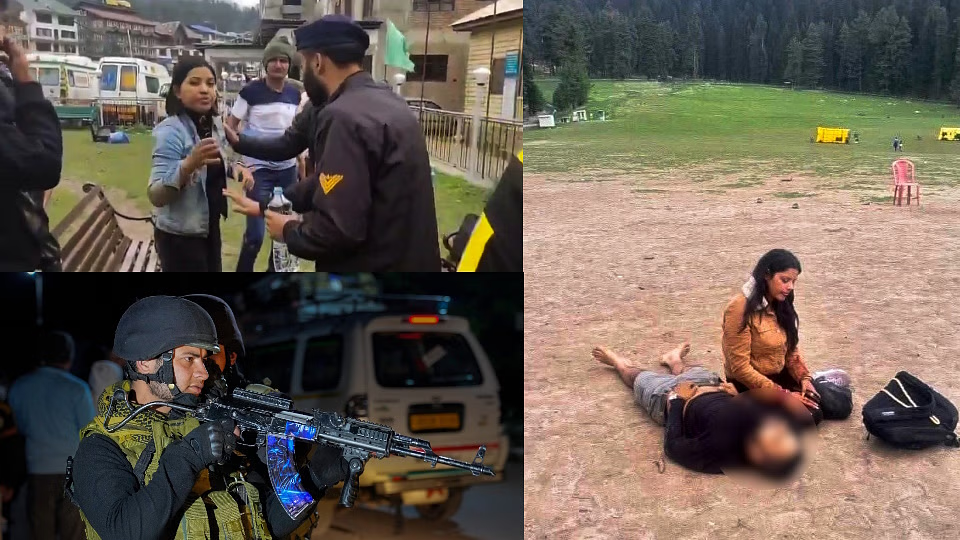
President’s Rule in Manipur: A Political Shift
The imposition of President’s Rule in Manipur marks a significant turning point in the state’s political landscape. This decision came after the resignation of Chief Minister Biren Singh, following months of political instability and ethnic tensions. With the state now under central administration, governance has been taken over by the Governor, and all legislative powers rest with the President of India. While this move is meant to restore order, it has also sparked debates about whether it was the right step or a politically motivated decision.
Manipur has been struggling with violence, ethnic clashes, and governance challenges for several months. The BJP-led government faced increasing pressure over its handling of law and order, particularly in addressing the long-standing conflicts between various communities. With no clear leadership and increasing unrest, the central government decided that direct control was necessary to stabilize the situation. However, opposition parties and some local leaders argue that instead of imposing President’s Rule, the government should have worked towards a political resolution and fresh elections.
The impact of this decision on Manipur’s future remains uncertain. While some believe that central rule will bring a neutral approach to governance, others fear that it might further alienate local communities and deepen political divides. The real test will be whether the central government can restore peace and create an environment conducive to fair elections. As the people of Manipur await the next steps, this development highlights the delicate balance between state autonomy and central intervention in India’s democracy.

Discover more from The Talkative Indian
Subscribe to get the latest posts sent to your email.
























